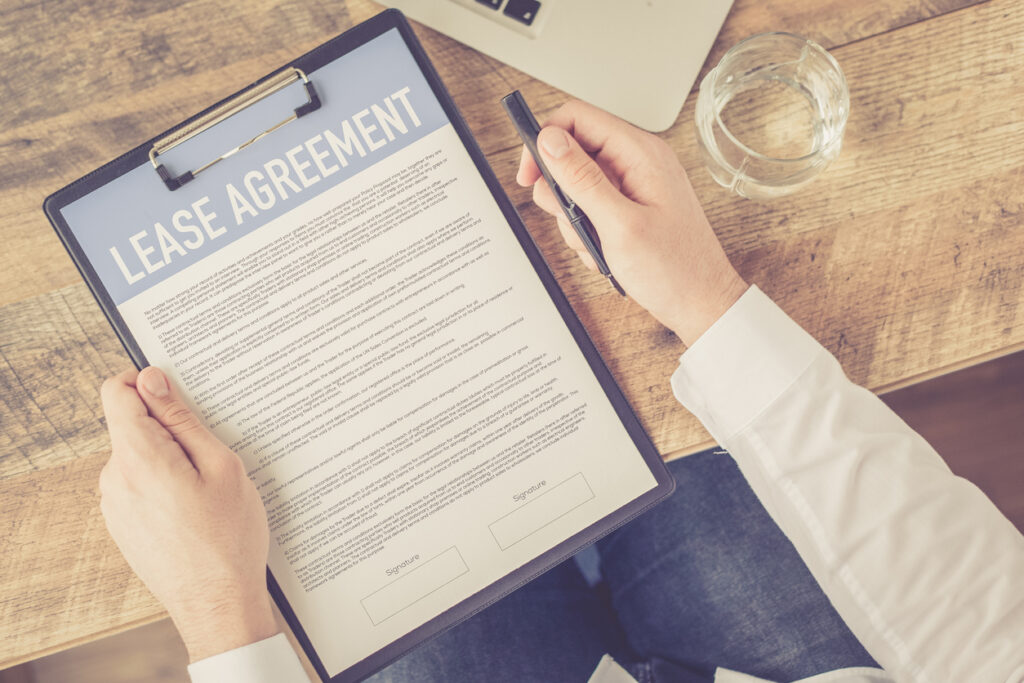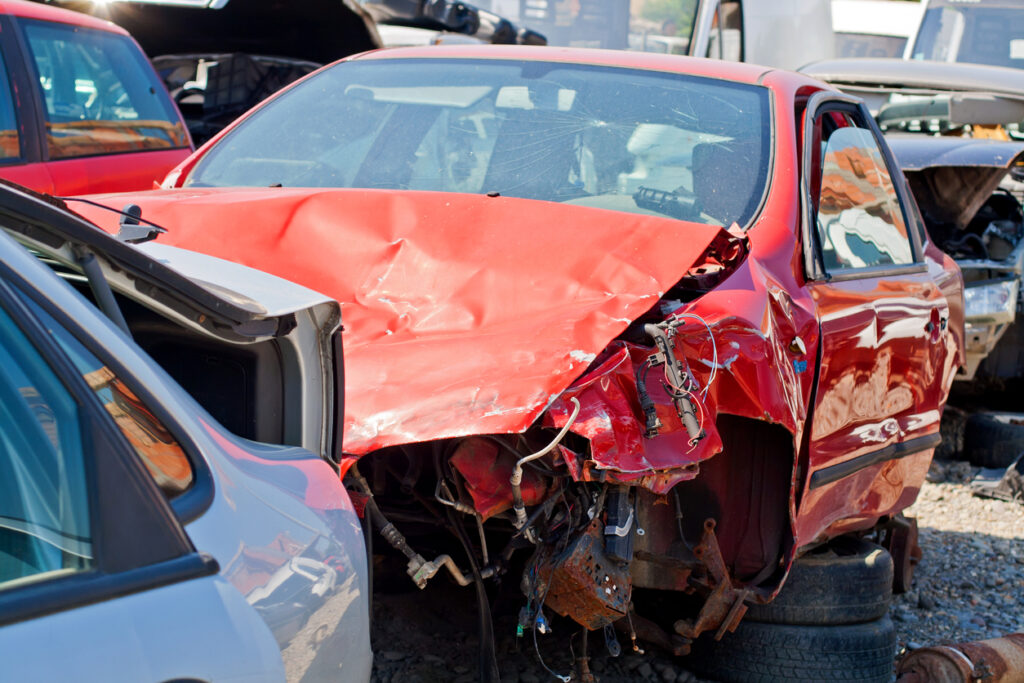Understanding your lease agreement
This week’s question comes from a concerned parent in south Marin, who asks, Q: “My daughter and four roommates have lived in a two-bedroom apartment in San Francisco for the past two years. When they first moved in, they agreed with the landlord that they would be billed monthly for the water bill. It did …




